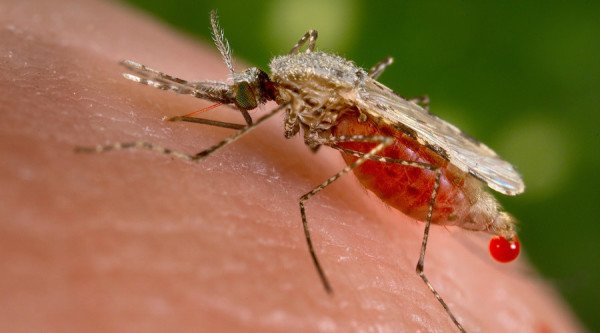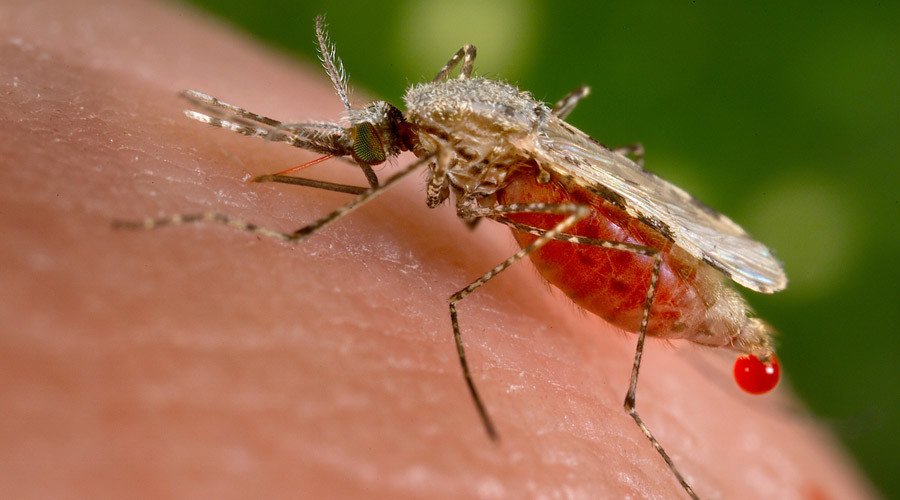Brazil has deployed more than 220,000 soldiers across the country to warn people about the risks of the Zika virus.
The South American country is at the center of an outbreak of the Zika virus, which has been linked to a surge in babies being born with underdeveloped brains.
Brazil has 462 confirmed cases of microcephaly, and is investigating another 3,852 suspected cases.
Troops will hand out 4 million leaflets advising people about the risks of the virus, carried by mosquitoes.
However, critics have said the move would not helping reduce mosquito numbers or stop the spread of Zika.
The World Health Organization (WHO) has declared a global public health emergency over the possible connection between Zika and microcephaly, a condition marked by abnormally small heads in newborn babies that can result in developmental problems.
The link with Zika has not been confirmed, but the WHO and other public health bodies have said it is strongly suspected.
On February 12, the WHO said it expected that a link would be established within weeks between Zika, microcephaly and another neurological disorder, Guillain-Barre syndrome.
The microcephaly cases have been centered in north-east Brazil, but the Zika outbreak has affected people in more than 20 countries in the Americas.
Some governments have advised women to delay getting pregnant. Already-pregnant women have been advised not to travel to the countries affected.
Rio de Janeiro is to host the Olympic Games in August. A diving test event is to take place in the city next week, and organizers said on February 12 that some of the 270 athletes taking part had expressed their concern over the Zika virus.
